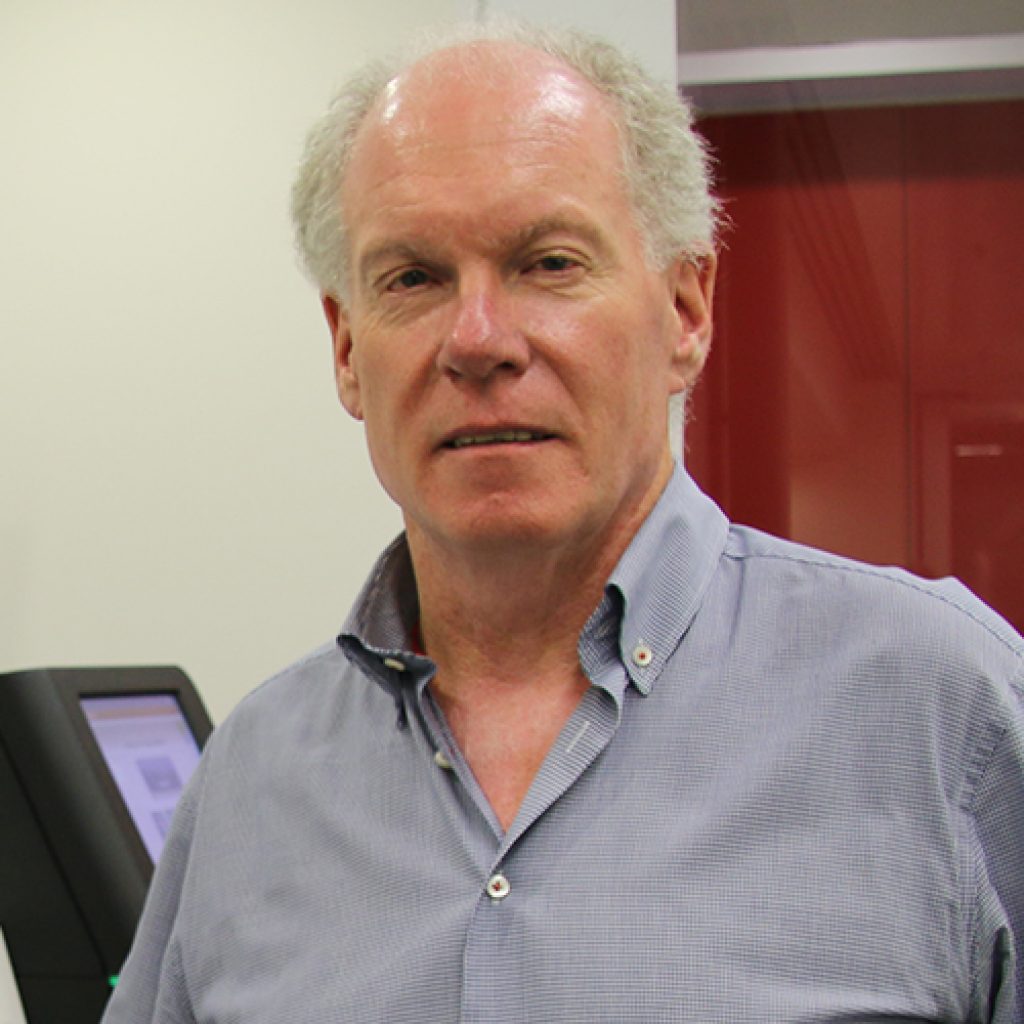Why is your research important and how will it influence the understanding and treatment of MS?
The majority of patients diagnosed with MS have relapsing remitting disease (i.e. relapsing remitting MS or RRMS) which is amenable to disease modifying therapies (DMTs). For patients with secondary progressive (SPMS) or primary progressive disease (PPMS), disease modifying therapies are ineffective. Genetic differences between patients with RRMS, SPMS/PPMS are poorly understood. Other non-inherited factors may influence the genome, which are acquired over time, known as epigenetics. The most studied epigenetic change is associated with DNA methylation, which can affect gene expression. Importantly, epigenetic change is influenced by environmental factors such as smoking, vitamin D levels and EBV infection – all associated with MS risk. The project aims to examine epigenetic differences between age-matched patients with mild, compared to severe disease. This knowledge may lead to treatments for patients with severe disease which have hitherto remained stubbornly intractable.
